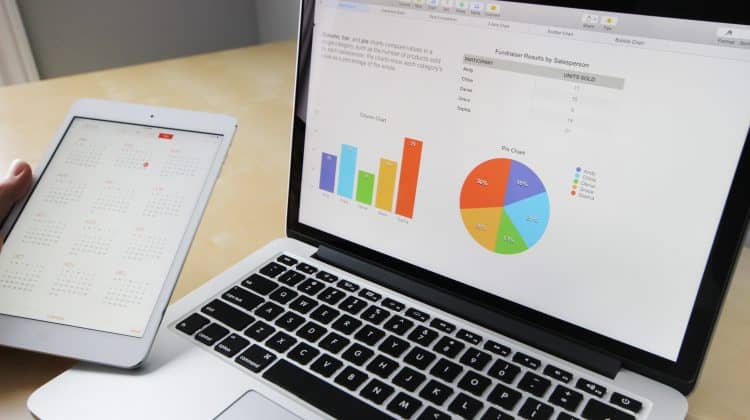‘

Regardless of how
much money you have, your job, income, age, or priorities, personal
finance is extremely important. A lot of people lack the basic
principles of personal finance, and one bad situation, or economic
down turn could have a catastrophic impact. Some people choose not to
worry about money, saying that money doesn’t buy you happiness. But
when facing catastrophe those people could have used some common
knowledge personal finance.
First and foremost always
have an emergency fund on hand. This is incase of one of those
hardships. Things like losing a job, or being unable to work due to
sickness are one of the most common ways people get behind on bills.
Without this emergency fund safety net, your only option is to take
on debt. Without anyway to pay it off at the end of each month, that
debt will continue to grow with interest rate, and can become very
difficult to dig yourself out of. That’s why having an emergency fund
is vital. Generally it is recommended to tally
up all of your expenses each month and put away 3-6 times that
amount. That
way you will have three to six months to figure out what to do, and
avoid taking on debt in the process.
Another common
lesson taught is don’t over spend your means. In fact it is
recommended to try and have your monthly expenses below your earning.
That way, if possible, you can save that extra money. This is common
practice for any personal
finance curriculum,
and for good reason. Saving for a big purchase such as a new car, new
house, or even saving for retirement can seem like a daunting task.
But living below your means allows for you to take advantage of that
extra income and save it. It is recommended to try and save at least
10% of your paycheck. The more the better.
If you don’t
already creating a weekly and monthly budget is a personal finance
staple. Often
times people may think they are living well within their means, and
still don’t understand why they have no money left over. Or even
worse not having enough money at the end of each week. Creating a
budget and sticking to it can seriously help track your expenses. If
you don’t already have a budget, start making note of everything you
spend money on. There are apps for your smart phone, or something
like a spreadsheet, or pen and paper will do. After tracking your
expenses for a month, you can analyze where your money is going, and
where you can cut back. Lot’s of things are luxuries like video
subscriptions, and eating out. Taking note of these things and better
more money efficient alternatives can help leave more money in your
pocket after each week.
These are just a few commonly
discussed personal finance advice. There are even more nuanced and
more detailed things you can do to help you save money, pay off debt,
and have a better future financially. Personal finance should be
taken seriously, and the earlier these habits are installed, the
better.